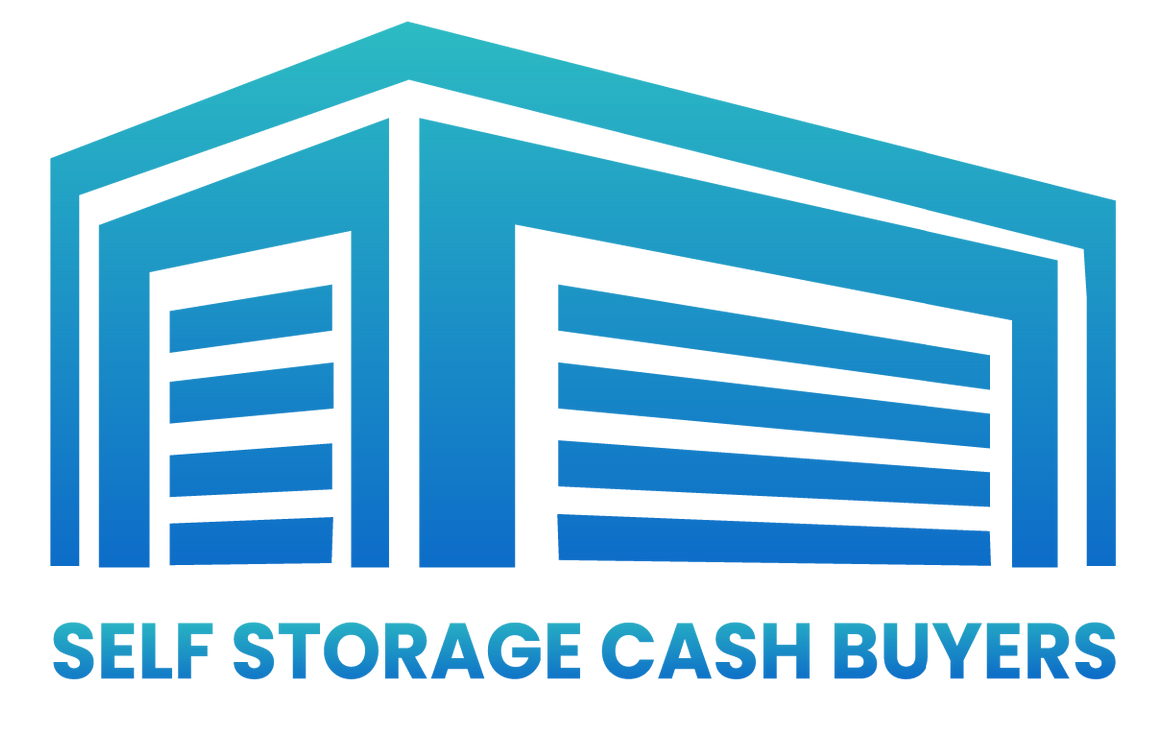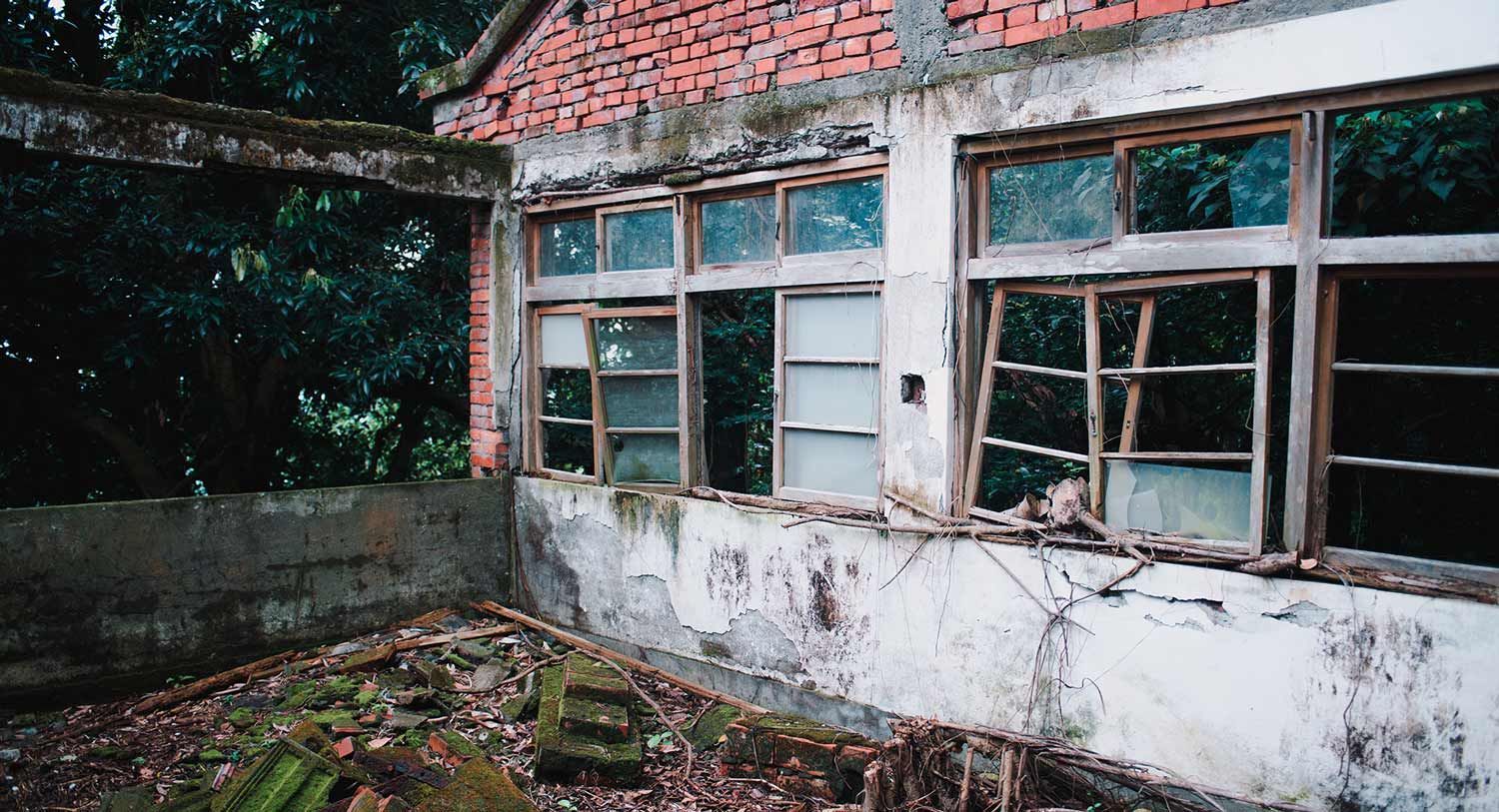Call Us Now:
The Different Types of Self-Storage Units Explained
Published on December 15, 2023
Free Offer Form
We will get back to you as soon as possible.
Please try again later.
Self-storage facilities have become increasingly popular recently. The demand for versatile and secure self-storage solutions has grown in recent years.
It's important to learn about the most common types of self-storage facilities at our disposal.
We'll discuss the different types of storage units, whether you're renting or looking to upgrade your facility.
Exploring Storage Solutions
This section covers the different self-storage solutions, offering info to prospective self-storage clients or facility owners.
What are Storage Units?
Container storage facilities provide secure and convenient commercial self-storage solutions, including household goods, furniture, and business inventory.
These types of storage units come in varying sizes and configurations to suit different needs. The units can range from small lockers to large rooms, depending on the quantity and size of items to be stored.
Importance of Storage Units
The various types of self-storage spaces are useful for individuals, families, and businesses.
They help declutter and organize living or working spaces, provide convenient self-storage solutions for non-essential items, business supplies, and personal belongings, and increase productivity.
Self-storage facilities offer enhanced safety and come in varying sizes for different purposes.
Types of Storage Units
This segment covers different types of storage facilities.
Indoor Storage Units
Indoor storage facilities offer secure self-storage within enclosed storage facilities that protect your personal belongings. Your unit may be on the ground floor or an upper floor.
This type of unit is preferred for its added protection and comfort and comes with features like climate management, enhanced safety, versatile sizing, year-round easy access, and privacy.
This type of storage is also known as warehouse storage, and typically offers a more comprehensive range of amenities and protection for your items.
GOOD TO KNOW: Student storage units are convenient and provide students with easy access to their possessions. Student storage units accommodate computers, microwaves, and mini-fridges, eliminating the need for extensive packing and transportation.
Outdoor Storage Units
The outdoor types of self-storage facilities, or sheds, are structures designed to securely store items in outdoor environments. They are easy to access, cost-effective, and available in various sizes and types.
These facilities are suitable for storing garden tools, sporting equipment, additional cars, and large machinery.
Outdoor storage units can be used by removal companies as furniture depositories where they can store their clients' belongings between moves.
Typically, furniture depositories are spacious and secure warehouses.
Climate-Controlled Storage Units
Climate-controlled units protect temperature-sensitive equipment from extreme environmental conditions.
This facility maintains stable temperature and humidity levels, preserving valuable items like antiques, musical instruments, fine art, wine collections, electronics, and important documents.
Customers who need to preserve sensitive equipment will typically need climate-controlled units.
A climate-controlled unit may be different from one with air-conditioning, but inquire with your storage provider to make sure.
Portable Storage Units
Portable container storage facilities are a flexible and convenient solution for short and long-term self-storage needs. They come in various sizes, are weatherproof, and are designed with safety in mind.
This facility can be used for residential or commercial purposes and delivered directly to your desired location.
Vehicle Storage Units
Vehicle storage spaces provide safety, protection from too much heat, and long-term self-storage options.
Boat storage, car storage, and RV warehouses are all under the same umbrella of vehicle storage.
Some storage facilities offer indoor or outdoor boat storage. The doors in these rooms often roll up like a garage door. This type of facility has gates, surveillance cameras, and on-site personnel.
Factors to Consider When Choosing a Storage Unit
This section will help you choose a self-storage solution that suits your needs and preferences, whether decluttering your home, moving abroad, or streamlining your business operations.
Size
When choosing the right self-storage unit, inspect your belongings to find the appropriately sized unit.
Larger stored items take up extra space, so choose accordingly. A well-planned self-storage unit will store your belongings safely and provide you with easy access to them.
Location
When selecting a self-storage facility, consider the distance from your home or business, commute time, safety, and the facility's hours.
Opt for a container storage facility that is conveniently located and easily accessible.
Cost
The rental fee is a primary deciding factor. Unit size also affects the cost, with large units typically costing more, while smaller units are more affordable.
Location can impact rental rates, with prime locations charging higher fees.
Renters and storage facility owners alike need insight on storage unit costs for an advantage.
Security Features
A secure self-storage facility should have the following features.
- Controlled access
- High-quality locks
- Surveillance cameras
- Well-lit areas
- Fencing or walls
These features can
enhance your unit's safety and make customers more likely to store their items at your facility.
Pros and Cons of Different Types of Storage Units

This quick rundown of the pros and cons will discuss different storage space solutions to help you choose the right storage unit.
Indoor Storage Units
Indoor self-storage individual rooms provide a secure, controlled environment to store belongings, but their pros and cons must be considered to determine a good alternative for your needs.
Pros of Indoor Storage Units
- Climate Control: Indoor individual rooms are climate-controlled, ensuring stable temperatures and humidity levels, which is crucial for protecting sensitive items.
- Enhanced Security: Indoor self-storage facilities often have advanced safety measures, reducing the chances of theft and vandalism. Some companies provide security guards.
- Protection from the Elements: Belongings stored indoors by removal companies are shielded from outdoor elements like rain, snow, and sunlight. This reduces the risk of weather-related damage or deterioration.
- Cleanliness: This type of storage space is typically cleaner and less susceptible to dust and debris than outdoor options. This cleaner environment helps preserve the condition of your items.
- Privacy: An indoor storage unit offers more privacy than outdoor container storage. This can be crucial for businesses storing sensitive or confidential items.
Cons of Indoor Storage Units
- Higher Cost: Indoor self-storage spaces are often costlier than outdoor options due to the added amenities like climate management and enhanced security.
- No Drive-Up Storage Access: This storage space typically requires you to carry your items through hallways or elevators, which can be less convenient than drive-up storage access offered by an outdoor storage space.
Outdoor Storage Units
Here are the pros and cons to consider with outdoor self-storage spaces.
Pros of Outdoor Storage Units
- Affordability: Outdoor self-storage spaces are often more budget-friendly than indoor or climate-controlled ones. If cost is a primary concern, outdoor storage can be economical.
- Drive-Up Access: One of the biggest benefits is the drive-up access. You can easily load and unload items directly from your vehicle, making these drive-up units a time-saving option.
- Versatile Sizing: It comes in various sizes, accommodating a more comprehensive range of self-storage needs. Whether you need a small or a warehouse storage, outdoor options are versatile.
- Accessibility: Many outdoor storage facilities offer extended access hours or 24/7 access, allowing you to retrieve or add items at your convenience.
- Easy Loading and Unloading: There are no hallways or elevators to navigate. You can park your vehicle near your unit, making the loading and unloading process more straightforward.
Cons of Outdoor Storage Units
- Exposure to Weather: Outdoor storage spaces are more exposed to the elements. Items stored outdoors by removal companies are vulnerable to rain and snow, which can lead to damage.
- Security Concerns: While outdoor storage facilities have security measures in place, they may not offer the same level of security as indoor units. Security may be limited to the quality of the garage door.
Climate-Controlled Storage Units
Climate-controlled storage spaces provide specialized property protection but have advantages and disadvantages.
Pros of Climate-Controlled Storage Containers
- Temperature and Humidity Control: Climate-controlled units maintain stable temperature levels, which is crucial for preserving sensitive items.
- Protection from Extreme Weather: Climate-controlled units protect your belongings from extreme weather conditions, reducing the risk of damage, warping, or deterioration.
- Enhanced Security: These types of storage facilities prioritize security by offering controlled access, security cameras, and individual unit alarms to reduce theft or vandalism risk.
- Cleaner Environment: These units are typically housed in enclosed buildings, providing a cleaner environment than outdoor storage options and minimizing dust, debris, and pest exposure.
- Privacy: An indoor climate-controlled unit provides greater privacy than outdoor storage due to its enclosed nature, making it ideal for businesses storing sensitive or confidential items.
Cons of Climate-Controlled Storage Containers
- Higher Cost: These units are typically more expensive than standard units due to additional infrastructure and energy costs, which can significantly impact your storage budget.
- Unnecessary for Some Items: Climate management may not be necessary for non-sensitive items like outdoor equipment or non-delicate furniture, as the cost may not be justified.
Portable Storage Units
Portable storage containers provide flexibility and convenience but have pros and cons.
Pros of Portable Storage Units
- Convenience: Portable storage spaces are delivered directly to your location, eliminating the need to transport your belongings to a storage facility. This convenience saves time and effort.
- Time-Saving: The flexibility of loading and unloading items into portable storage spaces allows for a more personalized experience, making it ideal for moves or renovations.
- Versatile Sizing: Portable storage spaces come in various sizes, catering to various types of storage needs, from small storage containers to large units like warehouse storage.
- Secure Storage: These facilities are typically designed with safety in mind. They often have strong, durable materials and secure locking mechanisms to protect your items.
- Weatherproof: Most portable storage spaces are weatherproof and designed to withstand the elements. You can keep your belongings from rain, snow, and extreme temperatures.
Cons of Portable Storage Units
- Initial Delivery Cost: There may be an initial delivery fee for bringing the portable storage unit to your location, which adds to the overall cost.
- Space Constraints: The size of your portable storage unit can limit your storage needs, potentially necessitating additional rentals and potentially increasing costs.

Vehicle Storage Units
Vehicle storage spaces cater to unique vehicle owners' needs, ensuring efficient and secure storage for various types of vehicles.
Pros of Vehicle Storage Units
- Secure Storage: Car storage spaces provide a secure and enclosed storage space to store your vehicles, protecting them from theft, vandalism, and environmental hazards.
- Protection from Weather: These units shield your vehicles from the elements, including rain showers, snow, hail, and extreme temperatures.
- Extended Vehicle Lifespan: Storing your vehicle in a dedicated storage unit can extend its lifespan by preventing wear and tear caused by exposure to harsh weather conditions and sunlight.
- Reduced Maintenance: Vehicles stored in storage spaces typically require less maintenance, as they're less susceptible to dust, debris, and weather-related damage.
- Safe from Pests: Enclosed storage spaces protect vehicles from potential pest infestations, such as rodents or insects, which can cause damage to wiring and upholstery.
Cons of Vehicle Storage Units
- Cost: Car storage spaces can be relatively expensive compared to outdoor storage options or leaving vehicles parked in your driveway or yard.
- Limited Space: The size of the storage facility may restrict the type and number of vehicles you can store. Larger vehicles like a truck may require larger rental units, increasing the cost.
Frequently Asked Questions
Make informed decisions about your storage needs with this section's info.
What Are the Different Types of Storage Units?
The five main types of self-storage spaces are indoor, outdoor, climate-controlled, portable, and vehicle storage units, each with unique features and benefits.
There are also storage lockers, which are usually smaller and better suited for smaller homes and temporary storage.
Understanding the differences between storage units and lockers is crucial when deciding which option best suits your needs.
What Is the Difference Between Indoor and Outdoor Storage Units?
An indoor self-storage unit is enclosed, providing climate management and safety.
On the other hand, outdoor units are more exposed to weather conditions, making them suitable for items less sensitive to weather factors.
How Much Does a Storage Unit Cost in Iowa?
Iowa's average monthly self-storage cost is $89, varying from $22 for smaller units to $595 for larger spaces or warehouse storage needs.
What Is the Most Popular Size of Storage Unit?
The 10'x10′ is among the most popular storage unit sizes for its versatility. It's a medium-sized space of about 100 square feet, roughly half a standard garage.
What Are the Benefits of Climate-Controlled Storage Units?
Climate-controlled storage containers protect from temperature fluctuations, preserving sensitive items like electronics and antiques while reducing mold, mildew, and weather damage.
Conclusion
To recap, those were the different types of self-storage units at your disposal.
By carefully weighing factors such as size, storage locations, safety, cost, and climate management, you can make a choice that aligns with your unique storage needs.
We encourage you to delve deeper, explore the options available in your vicinity, and make an informed decision to keep your household items safe and secure.
Free Offer Form
We will get back to you as soon as possible.
Please try again later.
Have A Storage Facility You Want To Sell?
we buy storage facilities in these states
List of Services
-
California
-
Texas
-
Florida
-
New York
-
Pennsylvania
-
Illinois
-
Ohio
-
Georgia
-
North Carolina
-
Michigan
-
New Jersey
-
Virginia
-
Washington
-
Arizona
-
Tennessee
-
Massachusetts
-
Indiana
-
Missouri
-
Maryland
-
Wisconsin
-
Colorado
-
Minnesota
-
South Carolina
-
Alabama
-
Kentucky
-
Louisiana
-
Oregon
-
Oklahoma
-
Connecticut
-
Utah
-
Nevada
-
Iowa
-
Arkansas
-
Kansas
-
Mississippi
-
New Mexico
-
Idaho
-
Nebraska
-
West Virginia
-
Hawaii
-
New Hampshire
-
Maine
-
Montana
-
Rhode Island
-
Delaware
-
South Dakota
-
North Dakota
-
Alaska
-
Vermont
-
Wyoming


